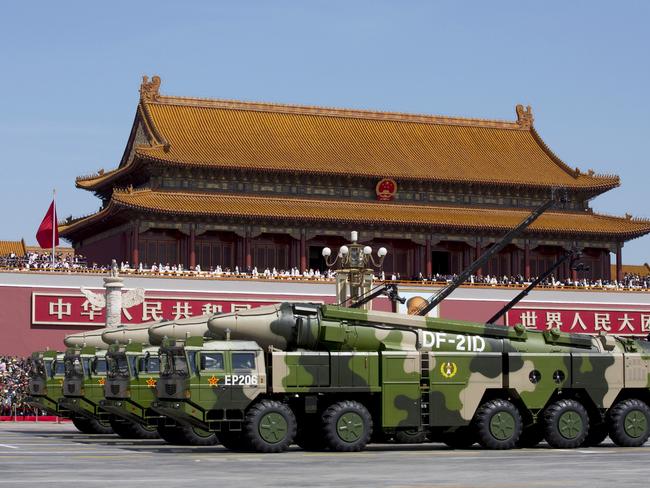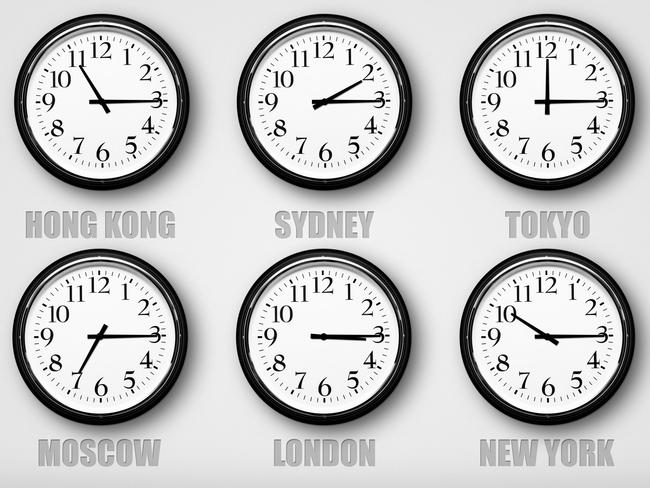
What becomes of our way of life if the cards don’t fall in our favour?
With the rising global tensions I’m wondering: does a pandemic naturally unleash thinking that challenges power structures?

With the rising global tensions I’m wondering: does a pandemic naturally unleash thinking that challenges power structures?

From a young age I’ve had a fascination with the Australian continent. Here is just some of what I love about this ripper spot.

China’s one-child policy was an economic boon for two decades. But it created a demographic timebomb.

Mel-bun has become Mal-bun and Sydney — while it may not have lost its chutzpah during the pandemic — has lost its “d”. Why?

The average Australian has adapted well to the challenges of the past two years. But there are troubling times ahead.

One of the things we’ve given up, handed over to the tech in our pockets, is an awareness of time. Remember how we used to do it?

More storemen, more mail sorters, more delivery drivers – the pandemic has been a globally significant agent of change. Our jobs, and who gets them, have been altered forever.

It is their enthusiasm, encouragement, mentorship and sense of fun that I remember most about my teachers. Oh, and the dancing.

Covid has changed consumer behaviour and there are also underlying demographic trends that will shape demand for property in the decade ahead.

Our average lifespan has jumped 20 years in the past century — and it’s changing our notions about old age and how to live it.
Original URL: https://www.theaustralian.com.au/author/bernard-salt/page/26